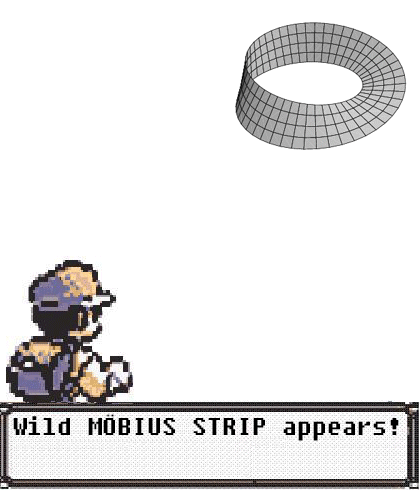You need to be really careful dividing by zero because there a lot of counterintuitive, paradoxical results you can get if you don't know what you're doing.
In general, in the limit of n approaches 0
X/n can equal ∞ or -∞.
One of the reasons why you can't divide by zero is very simple:
8*x=8 | x = 1
8*x=0 | x = 0
0*x=0 | x = infinite amount of solutions.
0/0 is feasible in some situations, if you think about it in limits (not really division by zero, but close).
for the limit as x → 0:
(5x^2)/(2x^2)
apply l'hopital's rule and find the derivative of the top and bottom of the fraction.
(10x)/(4x)
Take the derivative until (lim x → 0) isn't 0/0.
10/4 = 0/0.
You can also use l'hopital's rule for ∞/∞
Another example of this is this famous mathematical fallacy:

The last step is erroneous because (a-b)/(a-b) = 0/0, and therefore you can get some pretty fucked up results if you don't do it right.
However, if you think Division by Zero = ±∞ will work in any case where zero isn't dividing by itself, you need to be really careful.
As Takuanuva noted, you used x/∞=0 to justify x/0=∞. But what about ∞*0=x?
You can do it sometimes, but you need to reapply l'hopital's rule, and make the equation a 0/0 or ∞/∞ situation:
For example:
for the limit as x → 0:
(5x^2)(7/(x^2))
Which is equivalent to:
0*∞
So set up the eqauation, so that instead of multiplying, you divide by the reciprocal:
(5x^2) / ((x^2)/7)
or
0/0
so taking the derivative…
lim x → 0
(10x)((2/7)x)
lim x → 0
(10)/(2/7)
=35
So unlike what Takuanuva said, 0*∞ does not always equal ∞ or 0, although it more than often does.
tl;dr: division by zero is sometimes possible, but you need to use limits (which isn't really strictly dividing by zero, but as close as you can get). And you need to define 0 or ∞ as positive, one-sided, both-sided, negative, undefined- depending on the situation.
lim → 0+: 1/x = ∞
lim → 0-: 1/x = -∞
There are also other ways to "divide by zero," but you can't do it in the same way you'd divide by any other real number, and even using limits, you're not strictly dividing by zero, only getting close to it.
Also, although I said, "x=∞" to illustrate a point, its not proper because ∞ is not a value, and so nothing actually "equals infinity," and with the problems of paradoxes, infinite solutions, and no solutions- you can't really use infinity in an equation the same way you'd use real values, meaning that division by zero in its strictest sense is impossible.
So the general rule is: when you divide by zerOH GOD WHAT'S HAPPENING












